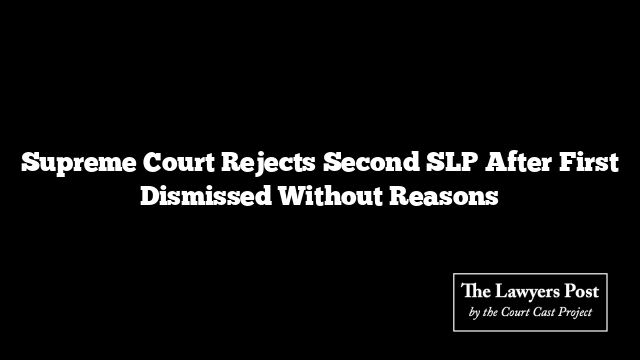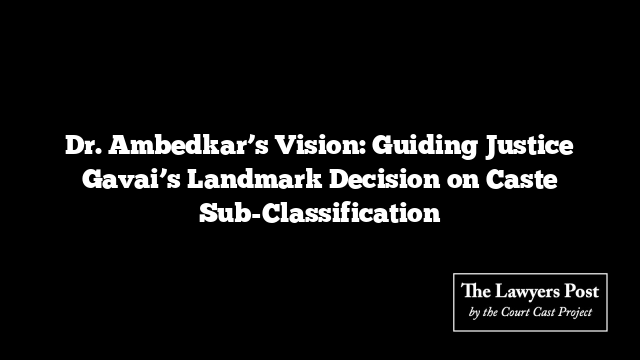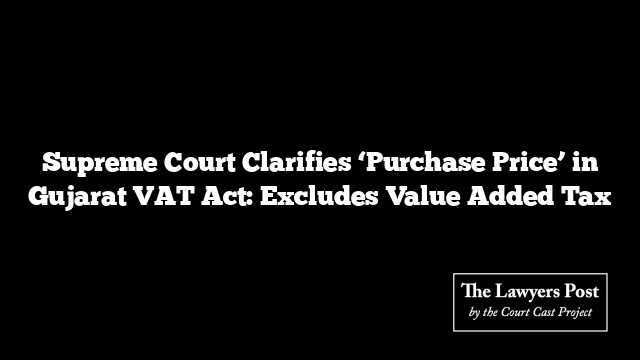In a recent ruling on July 29, the Supreme Court has expressed a preliminary disagreement with the notion that a fresh Special Leave Petition (SLP) can be filed if the initial SLP was dismissed without reasons or withdrawn. This perspective was previously endorsed by a Division Bench in the case of S. Narahari And Ors. v. S.R. Kumar And Ors.
Relying on Order XXIII Rule 1 of the Code of Civil Procedure, which deals with the withdrawal of suits, the Court declared that a party is not allowed to “have a second bite at the cherry” after withdrawing a plea without securing the Court’s permission to file a new one.
“A party having withdrawn the proceedings before a competent Court and not having obtained leave of such Court to file a fresh proceeding ought not to be permitted to have a second bite at the cherry,” stated the Bench of Justices Dipankar Datta and Prashant Kumar Mishra.
Given that the Narahari case was referred to a larger bench and the current case also involved a two-judge bench, the matter has been adjourned indefinitely.
“However, the decision in S. Narahari having referred the matter to a larger Bench, we say no more at this stage…. Liberty is given to mention the Special Leave Petition for relisting after the larger Bench decides the question referred to it.”
In the Narahari case, the Court considered a judgment by a three-judge Bench in Khoday Distilleries Ltd. v. Sri Mahadeshwara Sahakara Sakkare Karkhane Ltd., which addressed whether a review petition in the High Court is maintainable after an SLP on the same issue has been dismissed. The three-judge Bench concluded that such a review is maintainable, noting that dismissal of an SLP by a non-speaking order does not trigger the doctrine of merger; it only applies once the Supreme Court’s appellate jurisdiction is invoked.
Based on this, the Court in Narahari observed that the dismissal of an SLP by a non-speaking order should not be considered law under Article 141 of the Constitution of India, nor as res judicata. Consequently, the remedy of filing a fresh SLP would still exist even in cases of withdrawal.
“If a dismissal of Special Leave Petition by way of a non-speaking order is not considered law under Article 141 of the Constitution of India, the same also cannot be considered as res judicata, and therefore, in every such dismissal, even in cases where the dismissal is by way of a withdrawal, the remedy of filing a fresh Special Leave Petition would still persist. Further, if on the said reasoning, a remedy to file a review in the High Court is allowed, then the same reasoning cannot arbitrarily exclude the filing of a subsequent Special Leave Petition.”
However, the Division Bench noted that allowing this interpretation could inundate the judicial system with litigation, implying that every dismissal of an SLP would need to be accompanied by reasons. To address this issue, the court has directed the Registry to present the matter to the Chief Justice of India, DY Chandrachud, for the formation of a larger bench.





